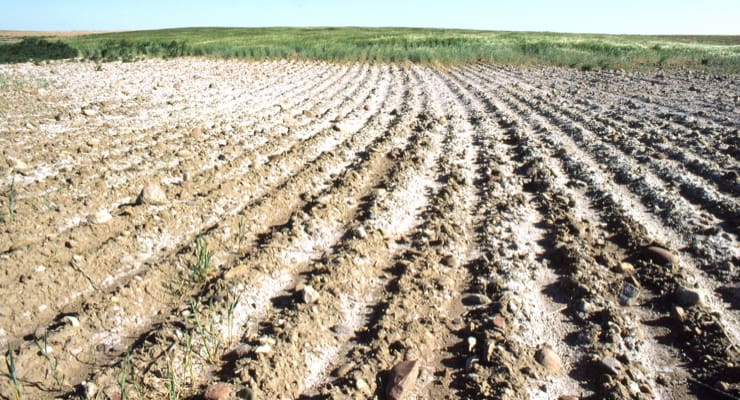In the intricate dance between soil health and human nutrition, an alarming reality has emerged—depleted soils in the United States are compromising the quality of our food. As minerals essential for our well-being vanish from the earth beneath our feet, the question arises: how can we safeguard our health? In this blog post, we will explore why supplementation has become a crucial tool to counteract the negative effects of depleted soils in the USA.
The Soil Health Conundrum:
Modern agricultural practices have led to the depletion of essential minerals in the soils of the United States. As a consequence, the crops grown in these soils often lack the full spectrum of nutrients necessary for optimal human health. While sustainable farming practices are crucial for addressing the root cause, supplementation offers a practical and immediate solution to bridge the nutritional gap.
Quality vs. Quantity:
The modern diet, often characterized by processed foods and nutrient-poor choices, can contribute to nutrient deficiencies even in the absence of soil depletion. Supplementation provides a targeted approach to ensure that our bodies receive an adequate amount of vitamins and minerals essential for various physiological functions. It's not just about the quantity of food but the quality of nutrients we consume.
Essential Nutrients:
Certain minerals, such as magnesium, zinc, and selenium, are critical for immune function, energy production, and overall well-being. Supplementation can help individuals meet their daily requirements of these essential nutrients, especially when their dietary intake falls short due to factors like soil depletion or dietary choices.
Tailored Solutions for Individual Needs:
Not all individuals have the same nutritional requirements. Factors such as age, gender, health conditions, and lifestyle choices influence our nutritional needs. Supplementation allows for personalized approaches to address specific deficiencies, providing a targeted and efficient solution to support overall health.
Bioavailability Matters:
The bioavailability of nutrients in supplements is a key advantage. In some cases, the absorption of certain nutrients from supplements may be more efficient than from food sources. This is particularly important when dealing with depleted soils, as the concentration of essential minerals in crops may be lower.
Complementing a Healthy Lifestyle:
While supplementation is a valuable tool, it should complement, not replace, a balanced and nutrient-rich diet. Whole foods offer a plethora of additional compounds, such as antioxidants and fiber, that supplements may not fully replicate. A holistic approach that includes both nutrient-dense foods and targeted supplementation is ideal.
Conclusion:
In the face of depleted soils, supplementation emerges as a practical strategy to safeguard our health. By understanding the challenges posed by modern agricultural practices and the consequences for our food supply, we can make informed choices to prioritize our well-being. Whether addressing specific deficiencies or simply enhancing overall nutritional intake, supplementation offers a crucial lifeline in the pursuit of optimal health in an era of depleted soils.

